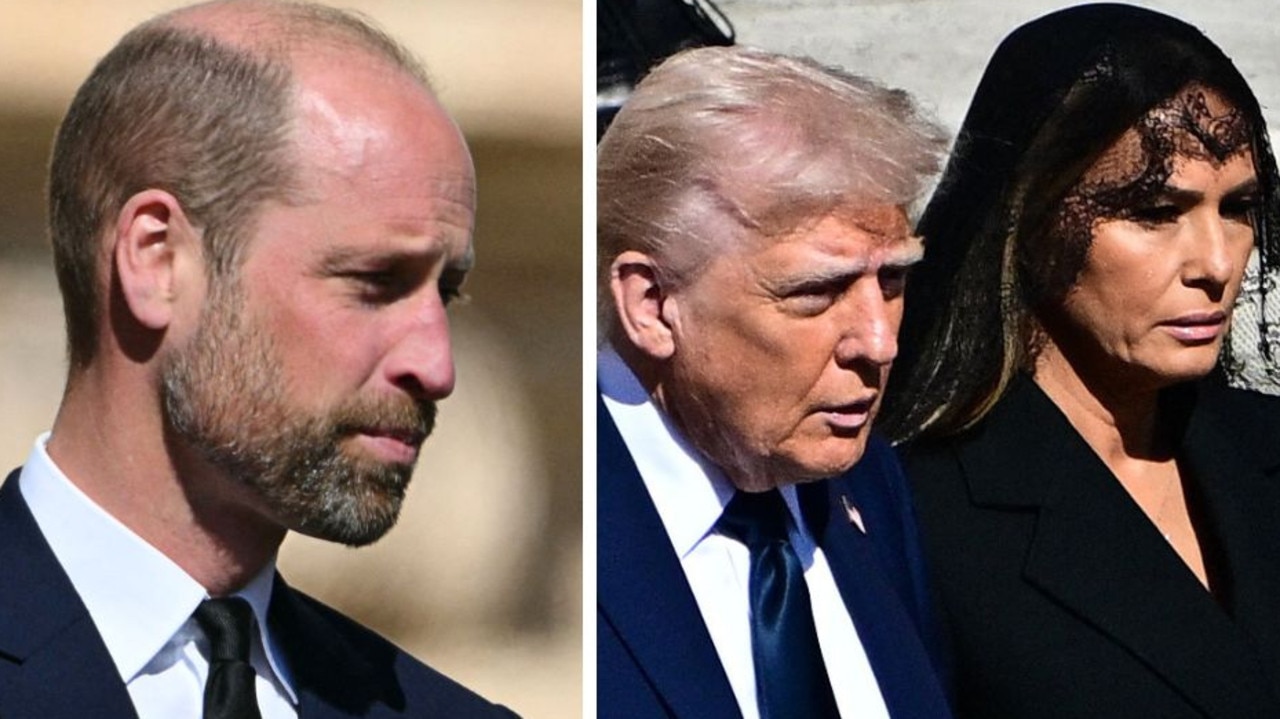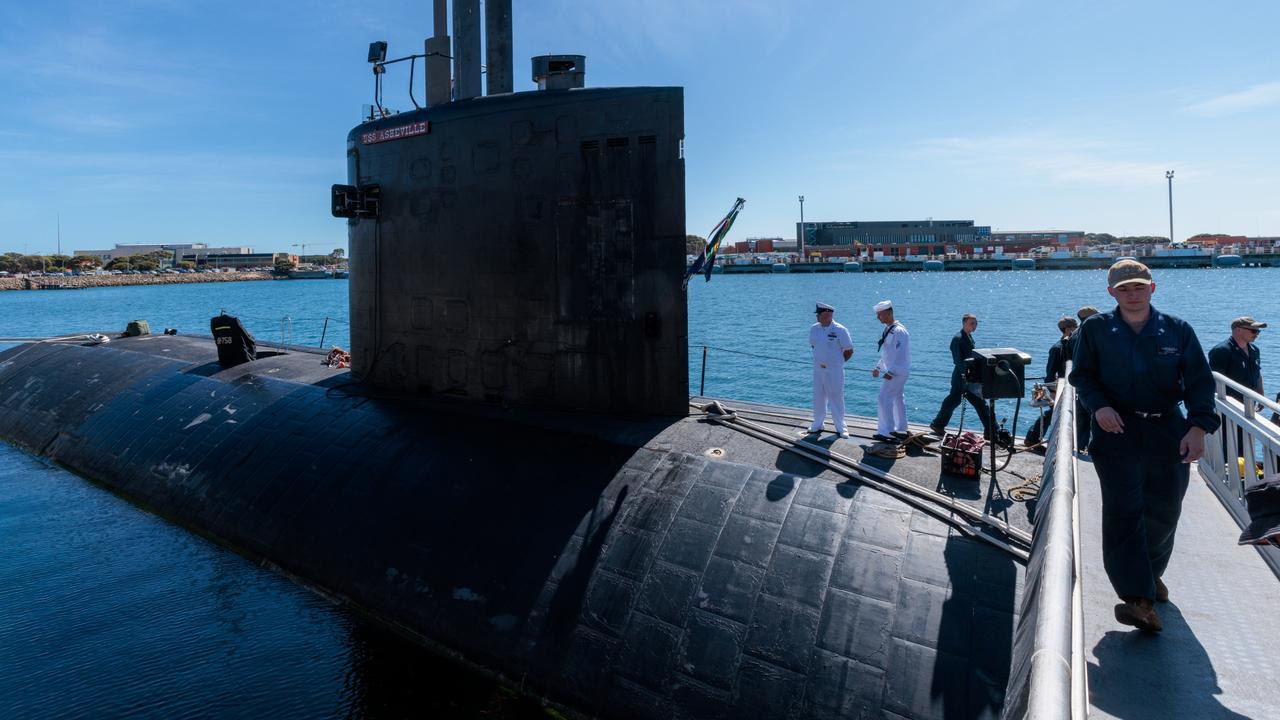President Trump’s policy shift less about the Middle East and more to appease his supporters
DONALD Trump’s recognition of Jerusalem as the capital of Israel could have widespread ramifications the US President never considered.

World
Don't miss out on the headlines from World. Followed categories will be added to My News.
THERE is a street seller in Jerusalem’s Old City whose trinket and souvenir shop technically straddles a divide shrouded in as much mystery as the rock upon which the whole city has sprung.
“You buy from over there and you help the Jews but over here you get better quality and help Palestinians,” the Palestinian shop keeper joked as he pointed to shelves in his store jammed with generic goods to appeal to tourists of all persuasion.
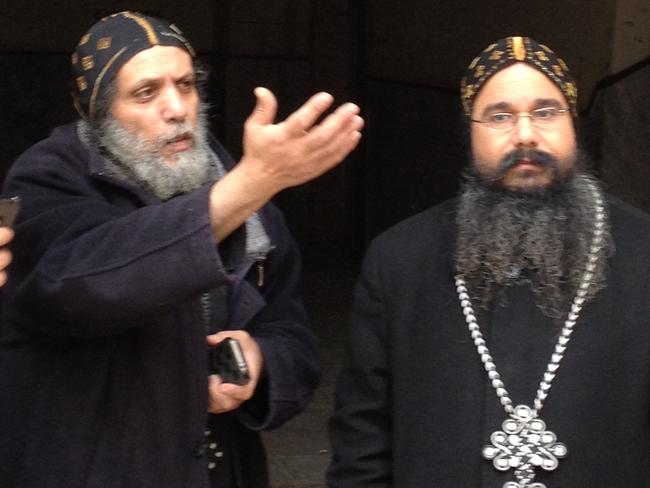
It’s an anomaly of the spectacular labyrinth-laden city born about the revered Temple Mount that since before the time of Christ has been a place of pilgrimage for Christians, Jews and Muslims and three of the holiest sites now for each.
RELATED: West Bank protests erupt over Trump’s move
And by and large, the distinctive barrios of the three religious groups in the city have worked well together with good humour on their close quarter predicament.
That could possibly end by today.
US President Donald Trump’s decision to move the huge US Embassy to the holy city and his declaration that America would now recognise it as the capital of Israel is set to inflame tensions beyond its 3000-year-old walls and across the world, ending seven decades of US foreign policy.
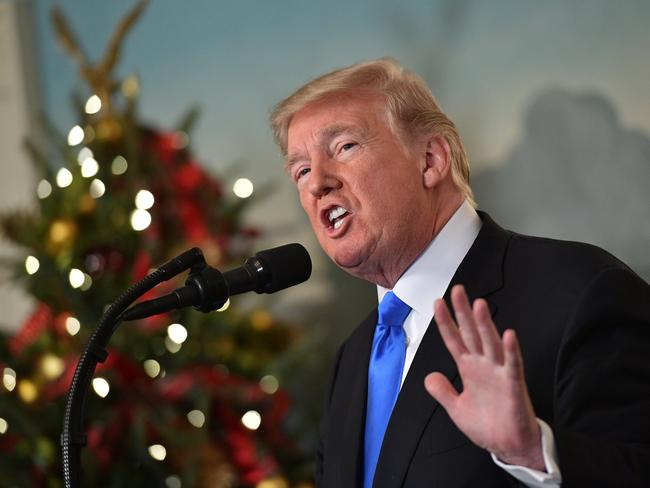
The shift may well have been borne less from any diplomatic or strategic calculation than from a campaign pledge he made to get elected and attract pro-Israel American Jew and Conservatives support as well as the vote from the hard Right.
But analysts and leaders of the Arab world have warned it will be perceived as a further measure against the Muslim faith globally; Christians too were alarmed and 24 hours before the Trump announcement had gathered in Bethlehem to burn images of the US president and the Stars and Stripes.
The US State Department earlier this week urged its embassies around the world including Canberra to tighten security in anticipation of protests while it barred US government employees and their families “until further notice” to conduct any personal travel to Jerusalem and the West Bank.
Israeli Prime Minister Benjamin Netanyahu issued a prerecorded video message declaring the move as an “historic day” as he urged other nations to immediately move their embassies to the city too.
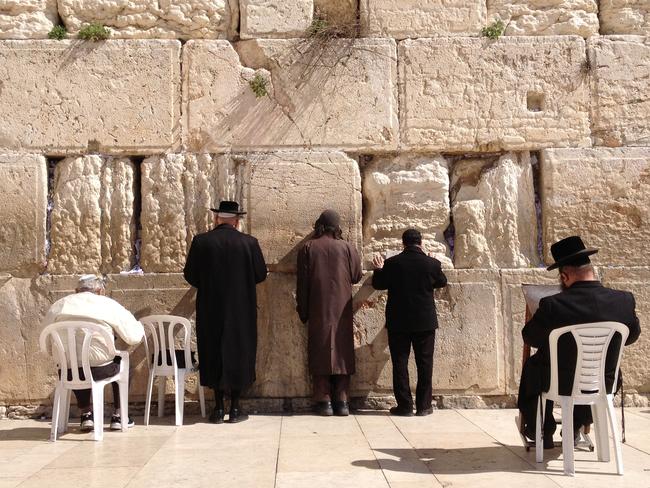
He was backed by Jewish lobby groups across the globe and the US ambassador to the UN but they were largely lone voices in the face of widespread international condemnation, further isolating the divisive US president.
Palestinian President Mahmoud Abbas described the move as likely to prompt extremists to declare a holy war that would drag the region and world into years of conflict.
“With this announcement, the American administration has chosen to violate all international and bilateral agreements and resolutions and it has chosen to violate international consensus,” Abbas said.
That voice was echoed by staunch US allies with Saudi Arabia’s King Salman who in a telephone call with Trump warned him against the provocative move and King Abdullah II from Jordan, who is the formal custodian of Jerusalem’s Muslim and Christian holy sites, and who said the move would have dangerous repercussions for regional stability.
TRUMP’S JERUSALEM MOVE ‘UNFATHOMABLE’
Israel captured Arab East Jerusalem from King Abdullah’s father King Hussein in the 1967 Middle East war. It later annexed it, declaring the whole of the city as its capital, a move not recognised internationally with the UN sticking to a 1967 resolution to keep the city as a permanent international regimen pending negotiations between Palestine and Israel.
British Prime Minister Theresa May and even the Pope said the move was unhelpful and would inflame tensions as the EU backed the UN Security Council’s emergency session.
Foreign Minister Julie Bishop pledged Australia would not follow the US with any embassy move as she declared the nation remained committed to a two-state solution.
University of Newcastle’s senior lecturer in international law Dr Amy Maguire said the Trump move made no sense.
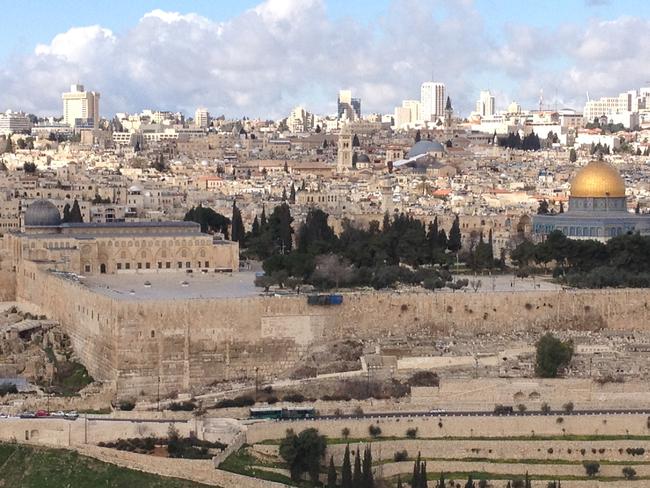
“I can’t fathom how Trump’s move was wise or productive,” she said.
“It isolates the US in its foreign policy on Israel and Palestine. Very little mention was made of the significance of this move for the Palestinians, considering their determination that East Jerusalem be the capital for a Palestinian state. In international law terms, the decision undermines the orthodox position, which is that Israel has been and remains in illegal occupation of Palestine.
“All states of the world are obliged to take steps to enable the Palestinian people to achieve self-determination.”
Deakin University’s Professor Shahram Akbarzadeh said the proposed embassy shift, to begin in six months, undermined the peace process, erased any hope of a two-state solution and left America’s diplomatic standing as an impartial peace arbiter in tatters.
“All indications suggest there is not going to be a viable Palestinian state emerging in that region,” he said.
“What Trump has done is give a nod of approval to the reality of Israeli decision making and Israel’s choice of ignoring and contradicting international will.”

Prof Akbarzadeh said Trump no doubt made the move to appease constituents and supporters in both US and Israel, deliver on his election campaign promise putting little weight on the ramifications of his decision and erasing another Obama presidential legacy.
“Jerusalem has been a centre of major religious civilisations, they have lived together in past, there have been times of crisis and tension but by and large they have lived together harmoniously,” he said.
“But the political pressure Israel is pushing and imposing has put a lot of strain on that harmony …”
The Pentagon declined to comment on anticipated threats to US diplomatic missions in the wake of President Trump’s announcement.
“We are postured right now to handle any threat at all of our embassies and consulates worldwide,” Pentagon spokesman Colonel Rob Manning said.
Originally published as President Trump’s policy shift less about the Middle East and more to appease his supporters

